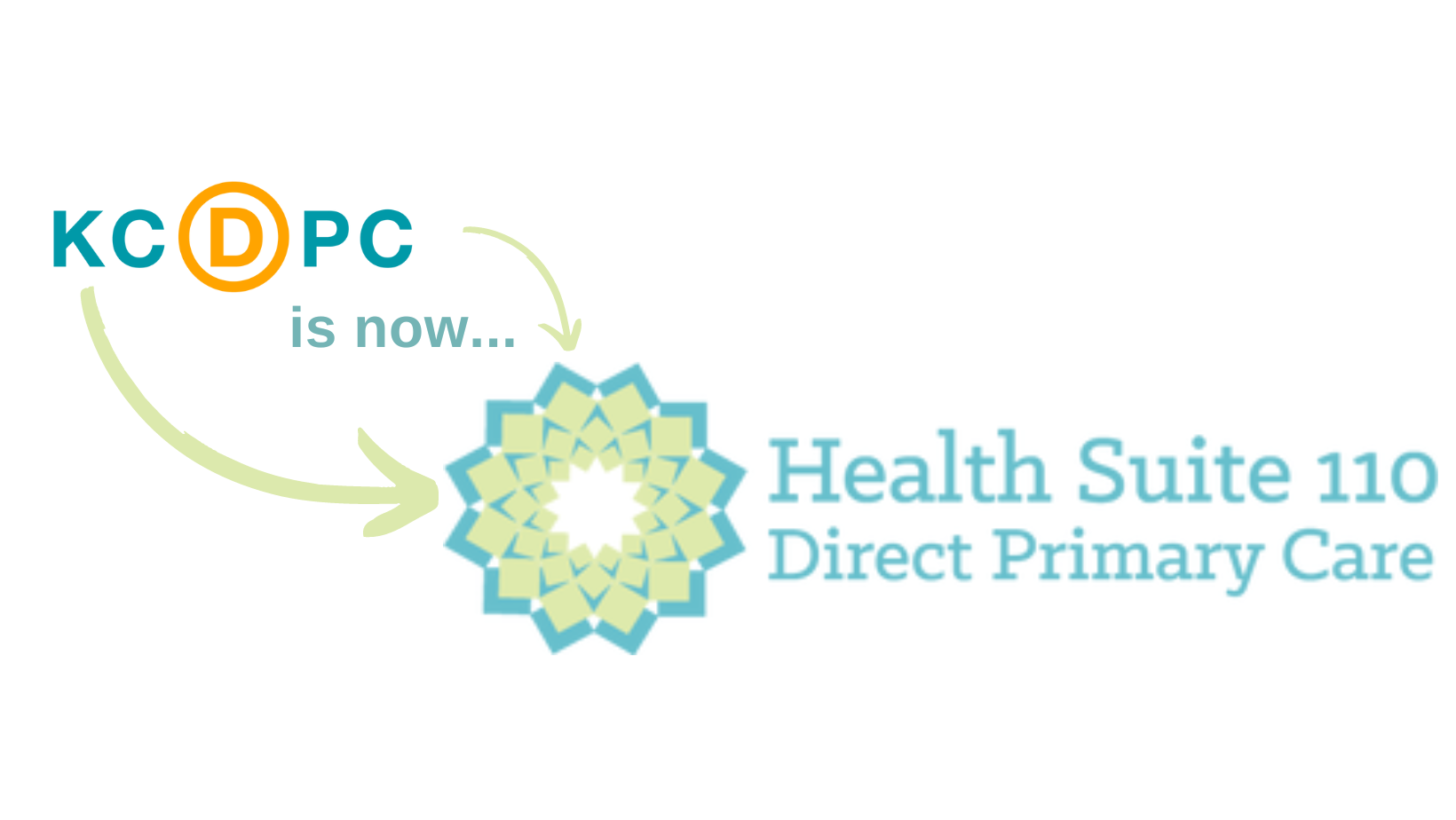COVID-19 Fact Sheet
Ryan Shapiro, a 3rd year medical student, has been rotating with us this month from the University of Kansas Medical School. He’s taken a moment to quickly update what we know and don’t about COVID-19. Please give it a read and reach out with any questions!
What we know about COVID-19 is constantly evolving and changing. It can be overwhelming to try to keep up with all of the information. So, here are some key points about COVID-19 based upon what we know right now:
- COVID-19 is transmitted through respiratory droplets, like those produced from sneezing, coughing, or even talking. Those droplets can land on objects and can infect people after touching the object and then touching their face, especially their mouth, nose, and eyes-> this is why it is so important for your mask to cover your nose, and why healthcare workers wear protective eyewear
- For limiting spread to yourself and others it is key to maintain social distancing of at least 6ft apart and wear masks in public, or around at risk family members. Remember to wash your hands frequently and use hand sanitizer with at least 60% alcohol.
- For specific information regarding masks check out this link: CDC
- Although the elderly are at highest risk for severe infection, anyone can become very sick if infected
- Avoid large groups of people, eating indoors at restaurants (the recycled air can spread COVID-19 in an enclosed space), bars, flying, and sharing drinks/communal dining
- The incubation period (the time from infection to symptoms) can be as long as 2 weeks
- The symptoms of COVID-19 can vary a lot! ->the most common being a cough, fever, changes/loss in taste/smell, and headaches. Because the symptoms can vary so much, you can still have COVID-19 without having any of these symptoms!
- People are most contagious early on in infection, and can even be contagious before having symptoms (for instance they can get a fever on Friday but they started to be contagious on Wednesday)
- Some people can have COVID-19 and never have any symptoms (AKA be asymptomatic) but still be contagious
- It is important to remember that being infected with COVID-19 does not guarantee immunity, so it is still possible to get COVID-19 again
- Unfortunately, there is no good way to differentiate the Flu from COVID-19 without testing
- There is no data to support that Hydroxychloroquine is helpful in treating or preventing COVID-19
- Although there are many vaccines currently being developed, as of now, there is no firm timeline on when these will be available
Interested in testing?
- Anyone interested in molecular COVID19 testing here at KCDPC must first fill out a brief screening questionnaire to gather information about their symptoms (if present), how long they’ve been going on, recent travel, and possible exposure to those who have recent COVID19 diagnoses. Note: turnaround time can be anywhere from 2 to 14 days. If interested, please fill out the questionnaire here. Once you complete the questionnaire, the confirmation page will give you a link on how to schedule the actual COVID testing & link to FAQs regarding the testing. In the meantime, if you are experiencing any symptoms whatsoever or have had prolonged contact with someone with confirmed COVID19, please self-quarantine, continue to practice good hand hygiene, and avoid spreading any illness to others. There is a $75 visit charge for COVID testing here at the clinic; the (additional) lab fee can be billed to your insurance or our lab vendor will bill you after the fact for $0-$100.
- One of our colleague DPC clinics, Health Suite 110, is offering rapid antigen COVID testing for $75 (available Mon – Thurs at 1pm); if the rapid test is negative, we strongly recommend following it up with a molecular test (see above; the $75 visit charge would be waived but the lab fee would still apply). Let us know if you want to move forward with this option.
- The state/local health departments are ramping up their ability to test (usually at no cost!) but have some stipulations regarding who can be tested (i.e. symptoms, healthcare workers, exposures, etc.):
- If you live in Kansas, check out the various health departments: Johnson County Health Department, Leavenworth County Health Department, & Wyandotte County Health Department.
- If you live in Missouri, check out the full MO map of testing sites or one of the various local health departments: Cass County Health Department, Clay County Health Department, Jackson County Health Department, KCMO Health Department, & Platte County Health Department.
- Different commercial or nonprofit entities are also starting to offer testing (cost will vary; check with them directly):
- Walmart is sending people to doineedacovid19test.com or MyQuestCOVIDTest.com depending on location.
- CVS
- Walgreens
- First Point Urgent Care (offering rapid antigen testing, not molecular PCR testing)
- Heart to Heart International (varies on a daily/weekly basis)
